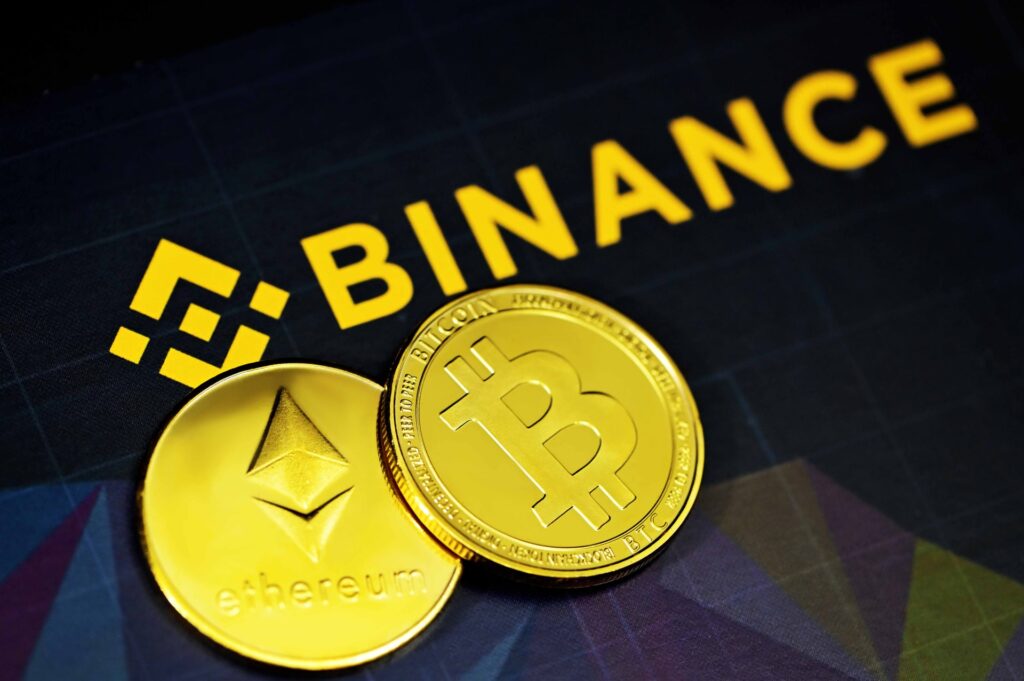What is a Crypto wallet?
Crypto Wallet is software that communicates with the Bitcoin blockchain network. A wallet can be on your phone, computer, website and even on paper. Each wallet has an address, and each address is linked to two types of keys: private and public. To hold Bitcoin, you need to hold its private key. Usually the keys will be represented by a string of letters and numbers, and in fact everything that ‘holds’ the private key is called a wallet. If we chose to keep the private key on a sheet of paper, that means we have a paper wallet. If we chose to keep the private key in a computer program, that means we have a computer wallet.

From the private key is derived by mathematical action the wallet address. This address is used as a recipient for sending Bitcoin. If you want to get Bitcoin, you must give your address, which will also be characterized by a string of letters and numbers (or as a QR CODE). This address is the system’s way of verifying that you are indeed the owner of the public key (which is also mathematically related to the wallet address).
The use of a Bitcoin wallet can be e-mailed. It can be used on a website, phone and computer. Similar to email, in order to receive email we will need to share our email address. The private key, on the other hand, is the password, since without the password we will not be able to send the email from our account, just as without the private key we will not be able to sign a transaction on the Bitcoin network.
“The private key is your bitcoin, if the private key is not in your possession – you do not have bitcoin.” This emphasis is valid for holding Bitcoin on the stock exchange, but equally valid for backups and a ban on sharing!
Our private key is backed up by cold backup (i.e., not connected to the internet, preferably manually with no interaction at all with the computer), at least in two different places known exclusively to us. This key will never be shared with other people, because once they are exposed to your private key – they have your bitcoin.
As a process designed to protect Bitcoin users, a more convenient way of maintaining, backing up and securing the private key has been proposed. Instead of having to back up a huge string of letters and numbers we can back up “Seed”, the lime is a collection of 12 or 24 words that form a ‘tree’ to which you call / from which all the private keys of your wallet come. In fact, the lime is your private key – if you enter the lime in a new wallet, it will restore a Bitcoin wallet for you, including the amount of money you held in it.
Therefore, when I say that you need to back up your private key and keep it safe, it will usually be the lime – the 12/24 word collection – that you need to back up and keep.
Types of wallets
There are two types of wallets – hot and cold. A hot wallet is a wallet that is connected to the Internet while a cold wallet is a wallet that is not connected to the Internet. A cold wallet is considered safer as this way the private keys are not exposed to the network in any way.
Cold – 3 types of cold wallets:
Hardware wallets – Hardware wallets are the most secure cold wallet that exists today. It is actually an external hard drive (USB), which is encrypted at the highest levels and immune to virus attacks designed to steal from software wallets. Most hardware wallets today even come with a screen so they can be used on a regular basis to send money. In most cases the hardware wallets will even have open source so that everyone can verify the size and depth of security.
Today there are 2 leading types of hardware wallets:
* Trezor Wallet – An excellent and oldest hardware wallet today. Contains a number of currencies other than Bitcoin, and involves a cost. We have prepared for you the complete guide to the Treasure Wallet.
* Ledger Nano X wallet – Highly recommended hardware wallet. Ledger can even hold a larger number of coins (relative to the treasury), and while it is cheaper, it is at least as secure. Here, too, we have prepared for you the complete guide to the Ledger wallet.
Paper wallet – his name is Yes. A paper wallet is intended for people who are interested in purchasing Bitcoin and holding it for the long term without bothering at all in the short / medium term. In this type of wallet, we will write our private key (the lime) on a sheet of paper, clearly and in the order of the words given to us, and of course we will collect it several times. We have prepared a guide for creating a paper wallet for Bitcoin, but this option is not recommended.
Cold Digital Wallet – Cold Digital Wallet is a Bitcoin wallet software that is installed on hardware that is not connected to the Internet. This software can be installed on an old computer that is disconnected from the Internet, a smartphone without a SIM card, or hardware wallets that are immediately detailed on them. If you want to use a cold digital wallet, you need to make sure that you have cleaned (formatted) the computer, reinstalled antivirus software and bitcoin wallet software on it, then disconnected from the Internet without reconnecting it. In addition, be sure to use proper hardware and do not overdo it – however, there is natural wear and tear that we must take into account. Here too, we need to back up the private key regardless of having a cold wallet.
Hot Wallets – Recommended software wallets
Desktop Wallet – Wallet software installed on your desktop. I recommend the Electrum wallet or the Bitcoin Core wallet (actually running the Bitcoin blockchain on your computer and joining the community that maintains Bitcoin). Both of these wallets are open source so verified for you, and of course your private keys are your own. An electrom wallet can also be used as a cold digital wallet (if we follow the guidelines in ‘cold wallet types’).
Website wallet – The wallet that as its name implies – is on the website. Generally avoid such a wallet type because you increase your chances of being a victim of phishing scams. Also, using a wallet on a website is more cumbersome, less convenient and less secure in general.
Cellphone Wallet – Wallet software installed on your smartphone. It is more accessible, and more convenient to use. However, my recommendation is not to hold large sums in a cellphone wallet as it is still a hot wallet. The most recommended mobile wallet today is the Edge wallet, as it also allows you to hold a wide variety of currencies other than Bitcoin, but the Bread or Electrum wallets are also considered safe and good.

